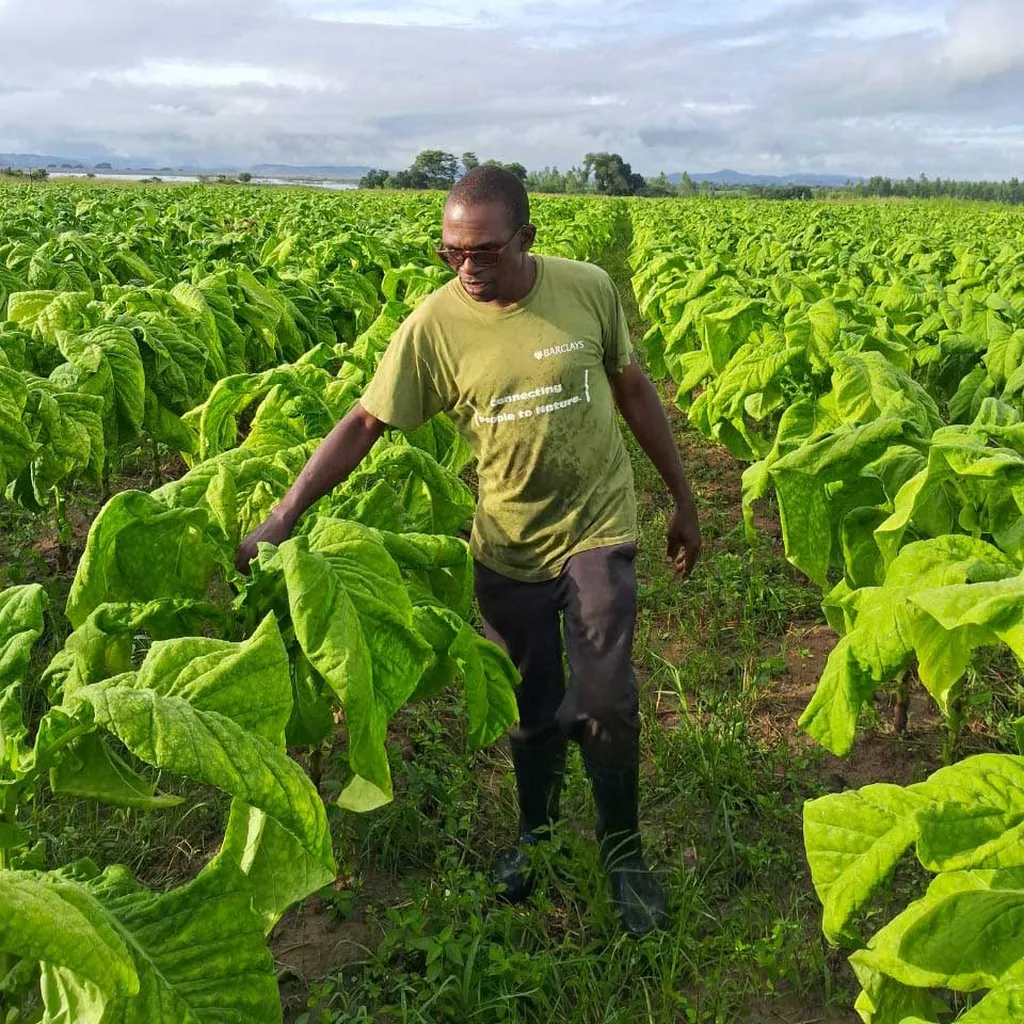In the heart of China’s tobacco-growing regions, a quiet revolution is taking place, one that could reshape the way we think about soil health and crop cultivation. Researchers, led by Chunsheng Guo of Inner Mongolia Kunming Cigarette Co., Ltd., have been delving into the world of microbial organic fertilizers (MOF) and their impact on tobacco plants and soil microbial communities. Their findings, published in the journal *Frontiers in Soil Science* (translated as *Frontiers in Soil Science*), offer a promising glimpse into the future of sustainable agriculture.
Tobacco, a vital economic crop, is particularly sensitive to soil conditions and nutrient supply. Guo and his team set out to evaluate the long-term effects of MOF on tobacco growth and soil health. They tested three treatments: T1 (Basic fertilizer + Bacillus), T2 (Basic fertilizer + Pseudomonas), and T3 (Basic fertilizer + Bacillus and Pseudomonas). The results were striking.
“The most significant finding was the impact of the T1 treatment on soil microbial communities,” Guo explains. “We saw a notable reduction in microbial abundance, with a Sobs value of 4,222 compared to 4,825 in the control group. This treatment also significantly enhanced the visual quality of tobacco leaves.”
The study revealed that microbial fertilizers can significantly improve soil fertility and promote tobacco growth by modulating soil microbial communities. This is not just good news for tobacco farmers; it has broader implications for the agricultural industry and even the energy sector.
As the world grapples with the challenges of climate change and sustainable development, the search for eco-friendly agricultural practices has become more pressing. Microbial fertilizers, with their potential to enhance soil health and crop yields, could play a pivotal role in this transition.
“The application of microbial fertilizers in tobacco cultivation offers a new perspective for sustainable agricultural development,” Guo notes. “This study provides a scientific foundation for future research and practical applications.”
The findings of this study could shape future developments in the field of agriculture, particularly in the realm of sustainable and eco-friendly practices. As the world moves towards a greener future, the insights gained from this research could be instrumental in driving this transition.
In the words of Guo, “This is just the beginning. The potential of microbial fertilizers is vast, and we are only scratching the surface.” As we stand on the brink of a new era in agriculture, the humble tobacco plant and the microbes in the soil could hold the key to a more sustainable future.

